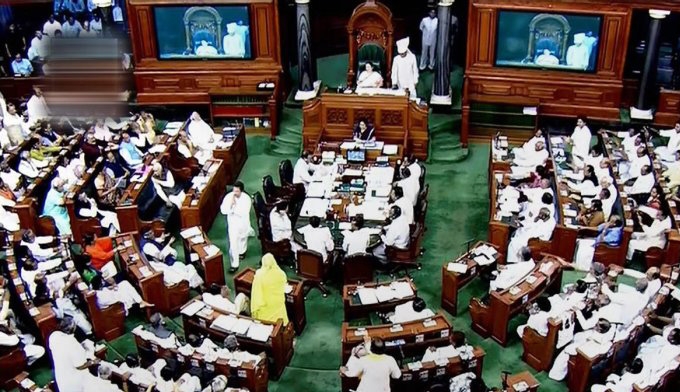The Parliament session beginning Monday is likely to clear a bill related to amendments in the RBI Act aimed at bringing co-op banks under RBI’s total control.
The Bill is likely to be passed later towards the end of the session, informed sources say. The session will continue till the first week of April. It bears recall that the Union Cabinet decision taken in February on the issue and the same was announced by Information and Broadcasting Minister Prakash Javadekar.
The amendments oblige Cooperative Banks to fulfil regulatory requirements set for scheduled commercial banks. It is estimated that there are 1,540 co-operative banks with a 86 million strong depositor base having total savings of about Rs 5 lakh crore.
The move will ensure greater accountability and transparency in the functioning of Cooperative Banks and has been welcomed by co-operators.
The amendments relate to giving absolute control to the RBI, though the amendments would not do away with the role of Central Registrar, however. He would be responsible for their registration, etc.
Though there would not be any issues with the general recruitment process of co-op banks due to these amendments, the top management (CEO) would be selected by a Panel approved by the RBI. The latter will also have the right to recall a CEO.
Most importantly, the RBI would decide on the Panel of auditors for a UCB. Such panels would obviously be different for different categories of banks, depending on the size and business.
The PMC Bank episode is said to have galvanized the govt into action on the issue, though Sahakar Bharati has also been demanding the tweaking of the BR Act for a long time. Hailing the decision RBI Board member and one of the founding members of Sahakar Bharati Satish Marathe had earlier said the efforts put in by Sahakar Bharati for the last 2-3 years have worked.
Reactions from other UCB leaders have also been appreciative of the govt move. It bears recall that Saraswat Bank Chairman Gautam Thakur had already demanded full RBI regulations for the UCB sector in an interview earlier.
“This will lead to a better management and the standard of governance would certainly improve, Thakur had said in the interview.













































